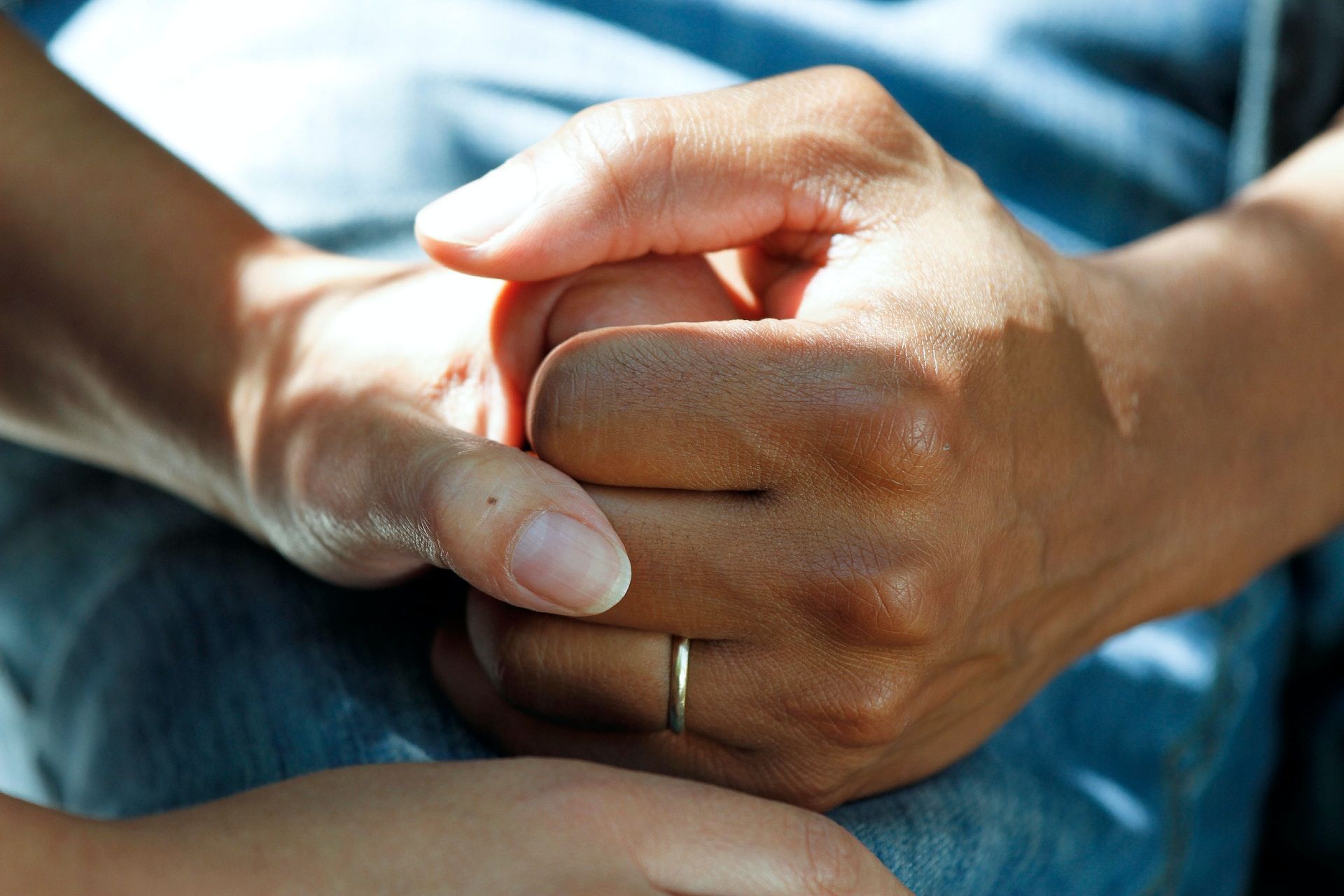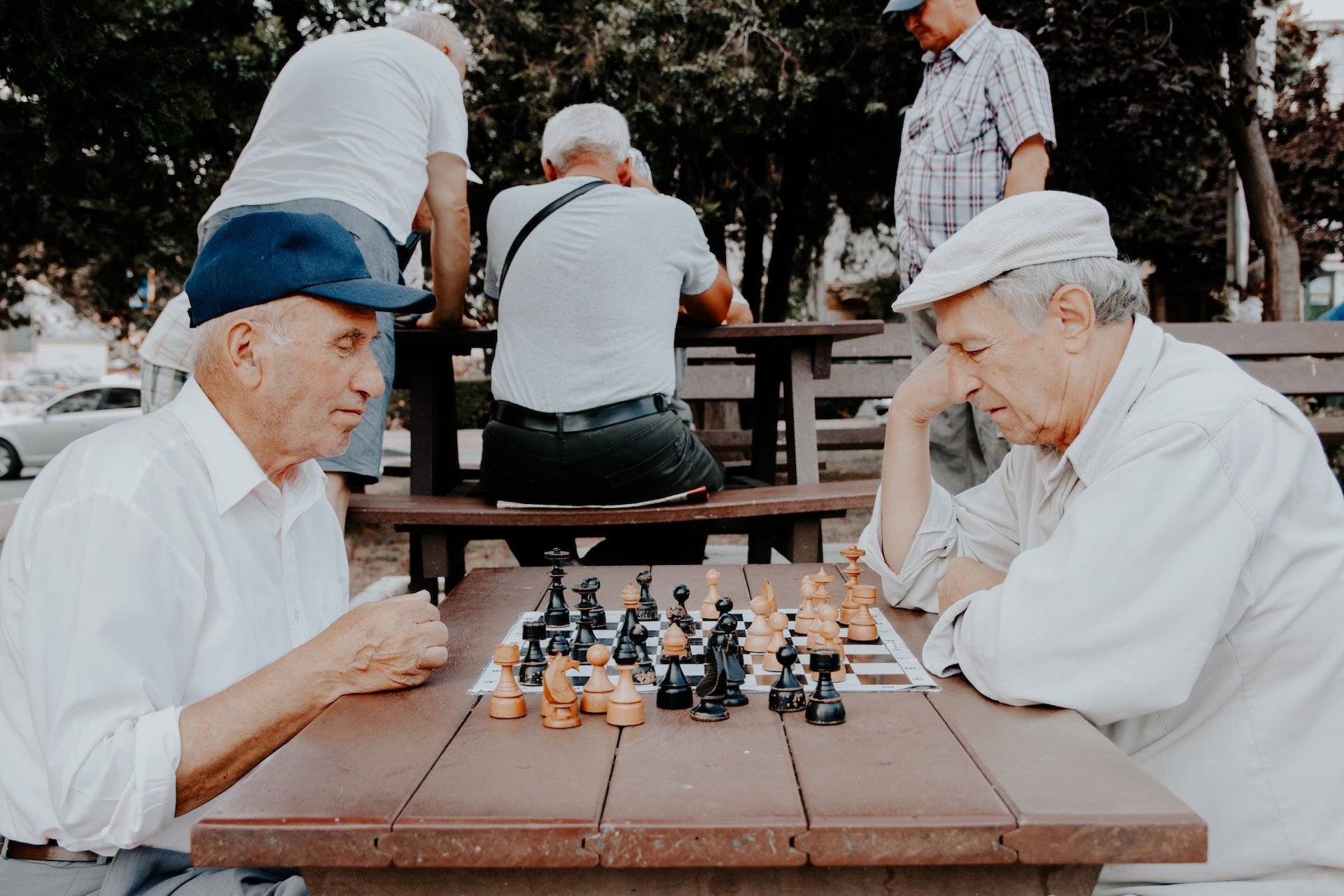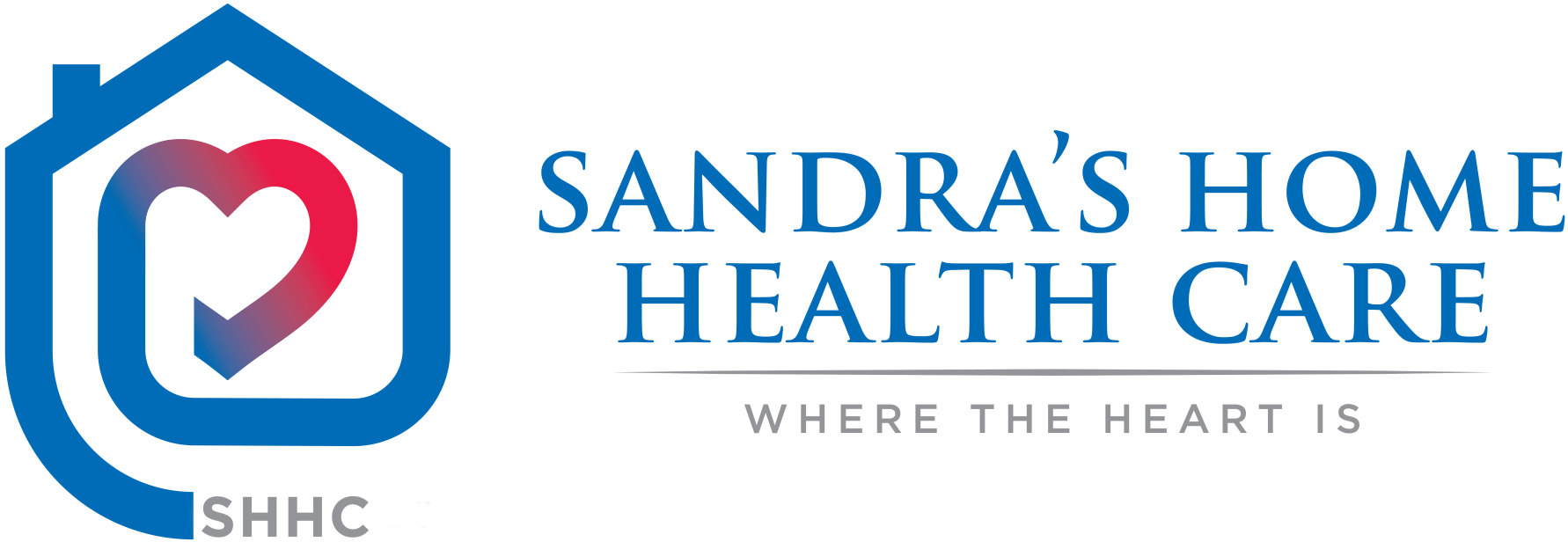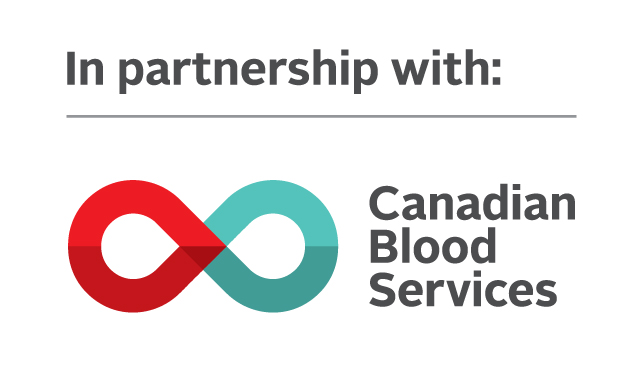A senior’s friendship sparks home care business
It was a worrying sign for Sandra D’Alessandro — a personal support worker in her early career. Lois Murray was in her 80’s, and in failing health. She needed help. Her family was referred to D’Alessandro, who was asked to assist the St. Catharines senior. D’Alessandro — now an award-winning owner of Sandra’s Home Health Care Services — took on that daunting challenge as a home caregiver a dozen years ago.
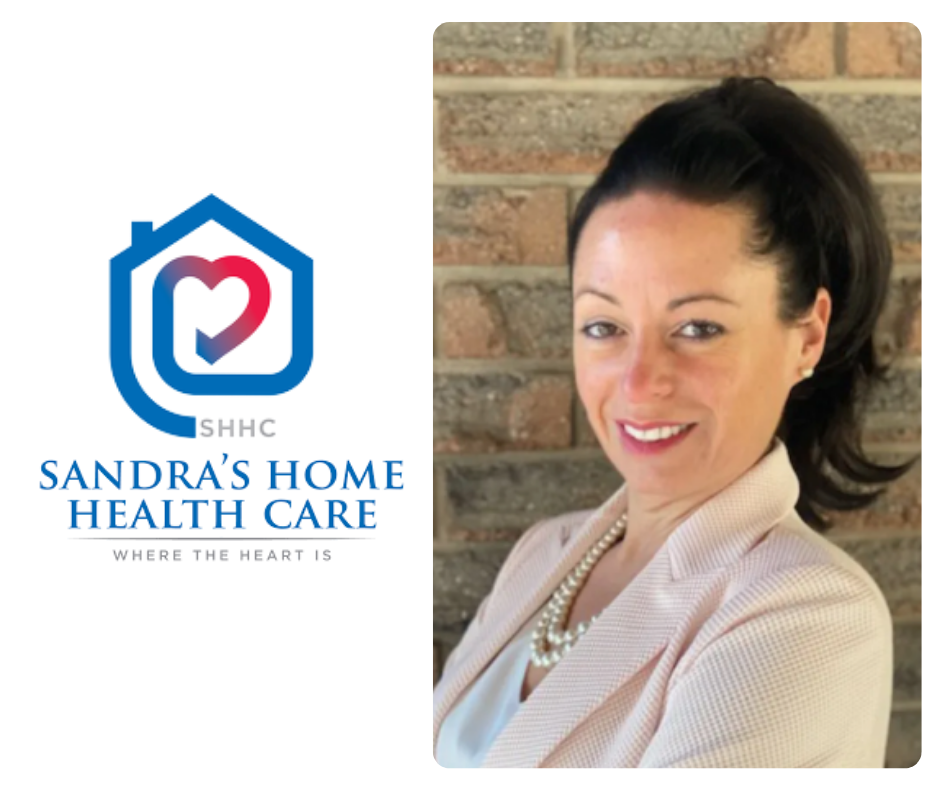
“And oh, it was horrible at first,” she said with a wry smile.
Murray didn’t want D’Alessandro in the home, and made that clear.
Conversation dried up. The senior would pretend to snooze on her living room chair.
“I’d go home frustrated and crying,” D’Alessandro recalled.
Then a surprise breakthrough came that transformed the relationship — and changed the lives of both women.
“One day, she sat with her eyes closed for three hours, sitting on that chair,” said D’Alessandro, 38, inside her north St. Catharines home office.
“So I thought ‘what can I do for this woman, to make her realize I’m here to help her?’”
Murray started to break-through with the flash of an open eye: “You’re even more stubborn than me!” she blurted.
D’Alessandro agreed that was the case.
Then she laid it all out: “Your family hired me and I am staying here,” she told the senior. “I am here to help you and I am not going anywhere — we can make this a friendship, or this is going to be miserable,” she recalled with a broad smile.
Murray stewed over that, then decided, “I think you’re alright, we’re going to get along just fine.”
D’Alessandro — a single mother of a seven year-old daughter Brittany — became a support worker and a dear friend to Murray over the next three years.
“Everything changed dramatically,” she said. “Lois was quite a firecracker and I think she respected me speaking up for myself.”
“She taught me so much,” D’Alessandro said, and that included proper grammar, good writing, and the love of animals — notably her constant pooch-companion Pippa.
Pippa died and soon Murray was close to her end.
One day, the ailing woman asked her caregiver companion to make her a promise.
“She told me ‘I had a gift’, she wanted me to share it with as many people as I could,” said the caregiver. “She said ‘you are my caregiver and my friend.’
“She was a joker — she said ‘I want you to do this for other people but not until I die, you’re not going anywhere,’” D’Alessandro recalled.
Murray’s death crushed D’Alessandro: “I laid in bed for a long time and was just devastated.”
She got back on track, and inspired by her late friend, started amassing clients.
A decade later, she has built her company — through “blood, sweat and tears” and word of mouth — into a service with 50 staff. Among them are hand-picked PSWs, registered nursing practitioners, registered nurses, schedulers and human resource professionals.
“These people we help need that total compassion,” she said. “We’re in their home, their personal space. They deserve as much respect and compassion as we can give them.”
D’Alessandro also speaks admiringly of her grandmother Doreen Yando who worked for the Victorian Order of Nurses and inspired her caregiving career.
She adds her mother Tracey Murray (no relation to Lois) was also indispensable in helping her care for and arrange her life as a single mom.
“At 2 a.m, I’d get a call to help a client,” said D’Alessandro. “Mom would have to come to my house to watch my daughter.
“She was my only backup.”
Mom says she’s “extremely proud of her daughter.”
“I actually tried to discourage her when she told me she wanted to get into the health care field,” Tracey said, with a laugh. “She decided to follow her passion. I’m so glad she didn’t listen to her mother.”
Others have taken notice about this personal support powerhouse.
Recently, D’Alessandro won a national caregiver of the year award presented at the Canadian Home Care Association Summit in Banff.
That kudo was given to her for care she provided personally to a St. Catharines woman Jane Kelly who has since died. It was the last client she was directly involved with.
Meanwhile, her Niagara-wide business has grown to where D’Alessandro has no time to take on any front-line help of clients.
However, she handpicks all staff, visits all clients and reviews e-mails and correspondence related to their care.
“We are really compassionate, caring and go over and above,” she said. “The philosophy is to treat others as you’d like to be treated.”
Iain Murray remembers that devotion to the care of his mother Lois.
“She gave such wonderful individualized personal care that was a reflection of her personality,” Murray said.
“This, as opposed to ‘OK, when you’re in there, you must do this — when you’ve done that, you must do this.’”
“That’s not Sandra’s personality,” he said. “She was just fabulous with her.”
See original article here, thank you to www.niagarathisweek.com and the Fort Erie Times
